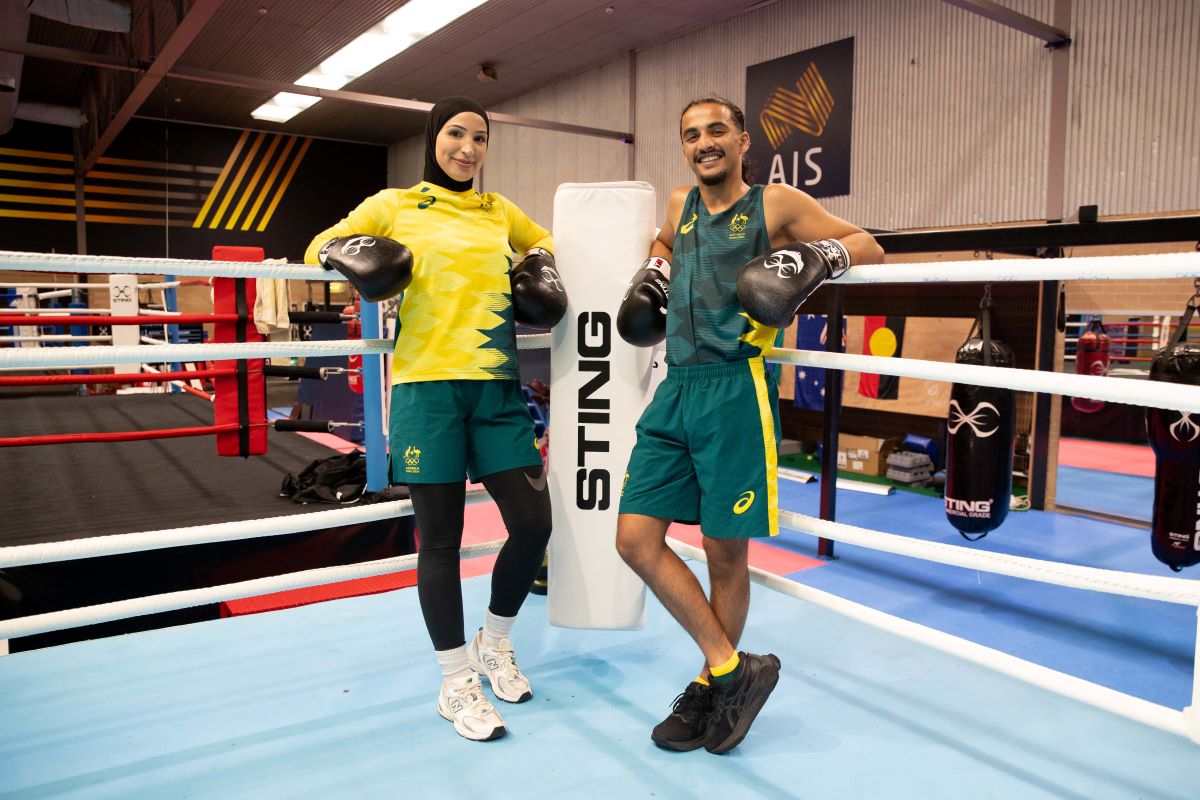Gambling advertising has long been a , with critics and regulators regularly raising concerns about the intensity and placement of ads in the media.
Online gambling is rife among Australian adults, with an using a smartphone or computer. And studies have associated , ranging from financial distress to relationship breakdown and mental health issues.
In fact, the COVID pandemic accelerated the growth of the online gambling market, with .
While advertising on traditional outlets like television, radio or print are (relatively) easy to monitor and regulate – advertisers are bypassing these restrictions to reach potentially vulnerable populations using the internet and social media.
Because online advertising is hard to track and archive, and because there’s a high level of self-governance on social media platforms, advertisers can reach these online audiences – even if the law forbids them doing it.
Our published with colleagues at the in has uncovered gambling advertising to Australians by BitStarz.
This is an issue because BitStarz is an online offshore casino registered in the Dutch Caribbean Island of Curaçao, that cannot legally or in Australia. Our preliminary finding received significant in the media.
These gambling ads were served to Australians on the social media platform, Facebook (owned by Meta).
This is just one example that shows us how gambling advertising can foster and sustain gambling cultures online.
The case is particularly relevant in the context of a June 2023 report on online gambling harm released by the .
The ‘‘ report offers 31 recommendations to lessen online gambling harm. Among these, the committee led by Labor MP Peta Murphy proposes a “phased, comprehensive ban on all gambling advertising on all media – broadcast and online, that leaves no room for circumvention”.
The proposal has prompted lobbyists from gambling companies, broadcasters, sporting codes and tech companies .
Our research finds that when it comes to social media advertising there may indeed be “room for circumvention”.
What makes our case study particularly timely is that it reveals a hidden economy of gambling ads that often fall under the radar of regulators.
Online casinos like BitStarz operate overseas with servers located in international jurisdictions that do not fall under Australian law.
Rather than advertising in online newspapers or on broadcast media (many Australians are used to seeing big gambling companies like Sportsbet or TAB on their TVs), these online casinos are promoted almost exclusively on social media – using targeted, personalised ads that are only seen by individual users and only in particular sessions.
The , which researches the challenges associated with monitoring online advertising and uncovering targeted ads, gives us an insight into how casinos like BitStarz target Australians.
It also highlights how monitoring and enforcement of a ban on programmatic and personalised advertising would be borderline unfeasible without the collaboration of global social media platforms.
According to the (ACMA), the wording of the Australian law prohibiting the advertising of online casinos “in Australia” the enforcement of the law against these global social media platforms.
This means that ACMA has no power to ask platforms like Facebook to block these advertisements, even though the ads themselves would otherwise be and BitStarz’s own websites have been .
Facebook, and some other platforms, do have their own from targeting advertising in jurisdictions where it is illegal, like Australia.
But as our research shows, these internal policies and procedures do not always work, despite the enormous information and resources social media platforms have at their disposal.
However, platforms like Facebook can and should do more to curb the presence of potentially harmful gambling ads and be transparent about how they do so.
Importantly, we need reforms to Australian law to close the loophole that makes platforms unaccountable for illegal advertising online. This could be done by following the lead of the which would give ACMA the power to issue social media platforms with ‘notice and takedown’ orders to remove unlawful advertising.
Platforms that do not expeditiously remove illegal ads, once put on notice, should be and be required to in an easily searchable public archive.
Only by ensuring accountability and transparency from social media platforms can we hope to give Australian regulators the power prevent the harms of online gambling.
This research is a result of the , part of the which is a collaboration between researchers at the University of Melbourne, Swinburne University, Monash University, QUT and industry partners including the ABC, Choice and the Consumer Policy Research Centre (CE200100005).
The project encourages citizen scientists to contribute to the research by , which can be done by installing a plugin on their computers. To date, more than 1900 participants have donated more than 328,000 ads, resulting in over 737,000 observations. These collected ads can be viewed by citizen scientists in a personal dashboard and are accessible for search, filtering and sorting by researchers collaborating with the project.
We’d also like to acknowledge the co-authors of the research article which this piece discusses: Casey Briggs (Australian Broadcasting Commission), Jean Burgess (QUT), Nicholas Carah (UQ), Mark Andrejevic (Monash University) Daniel Angus (QUT) and Abdul Obeid (QUT).








